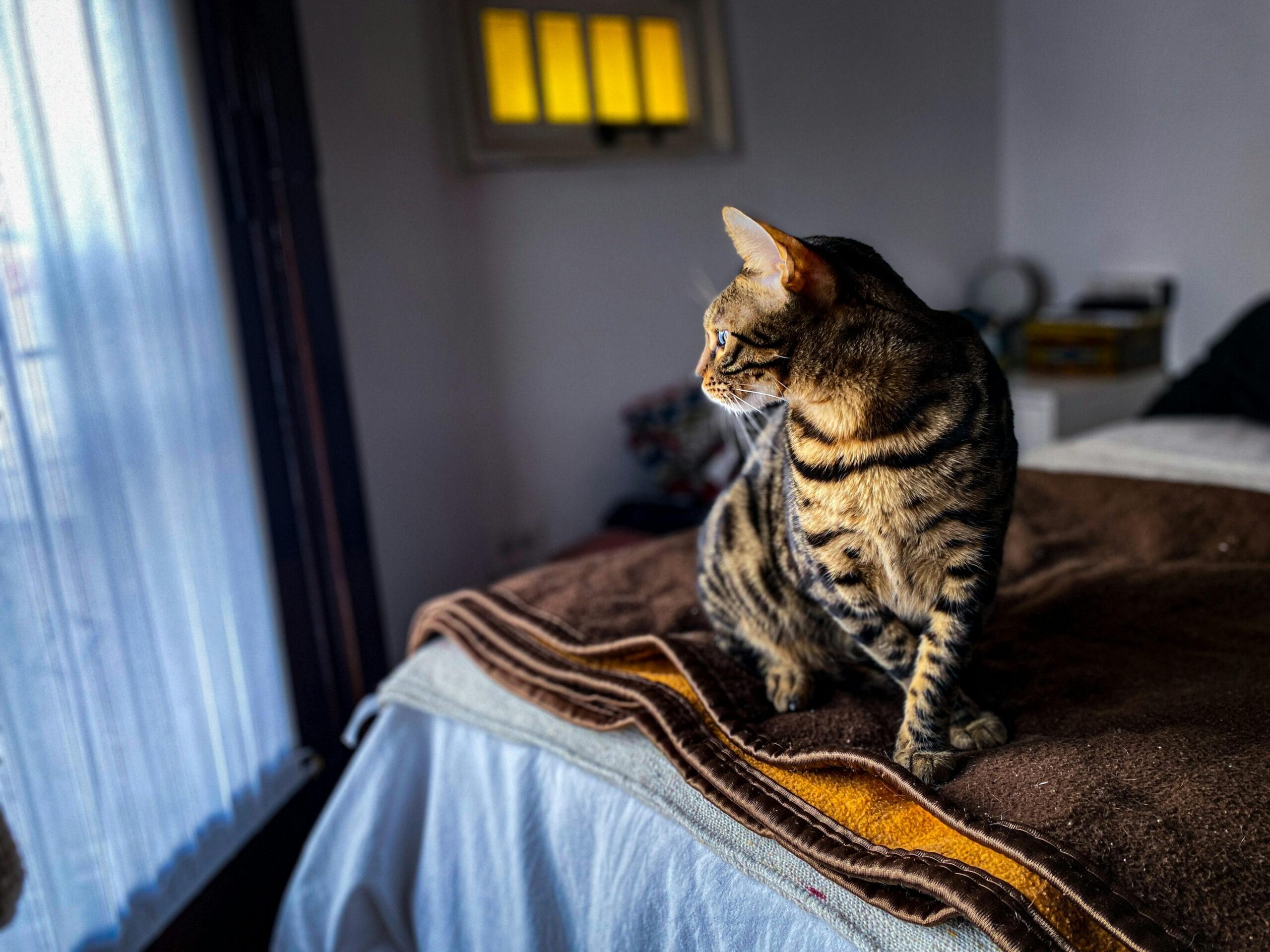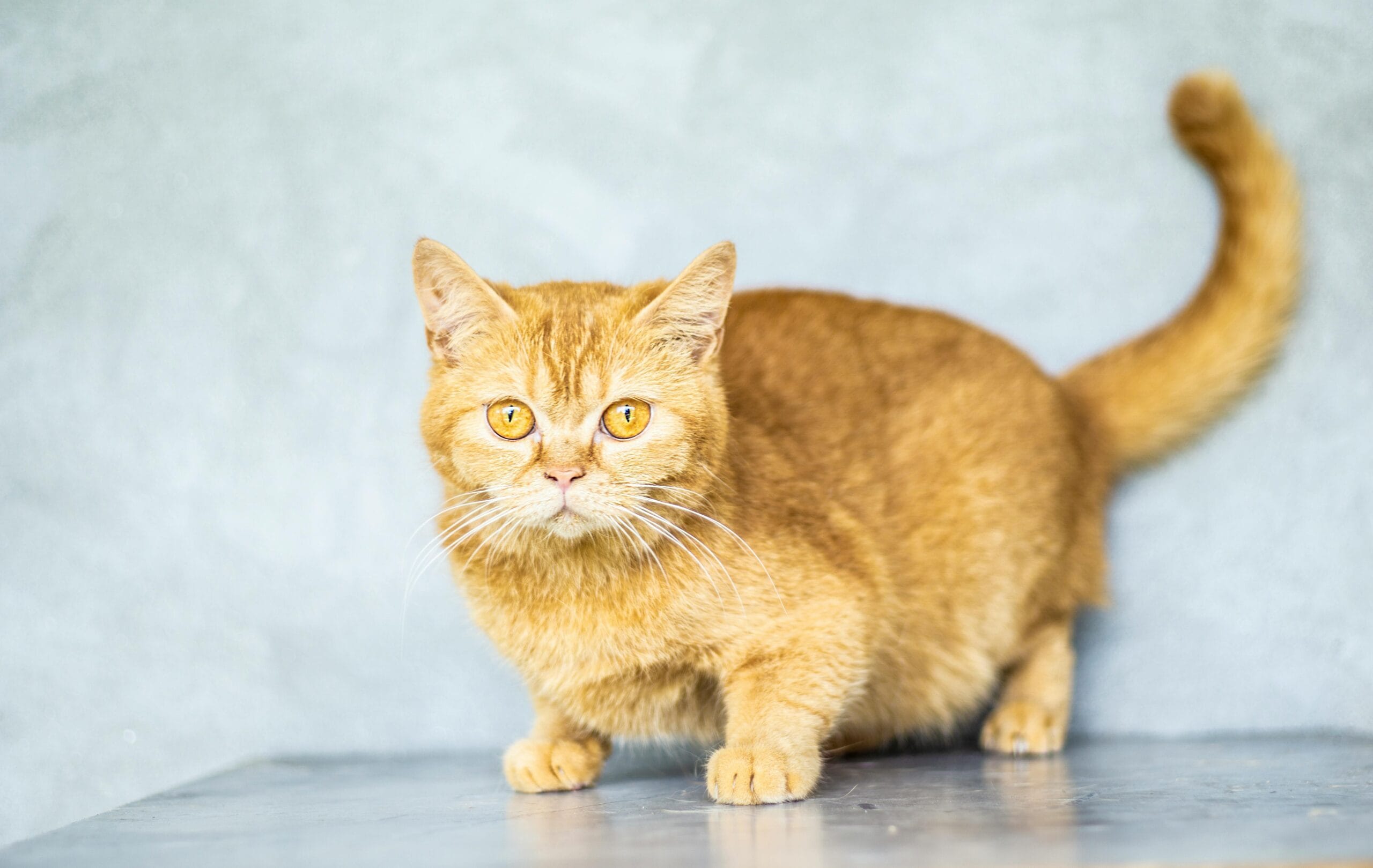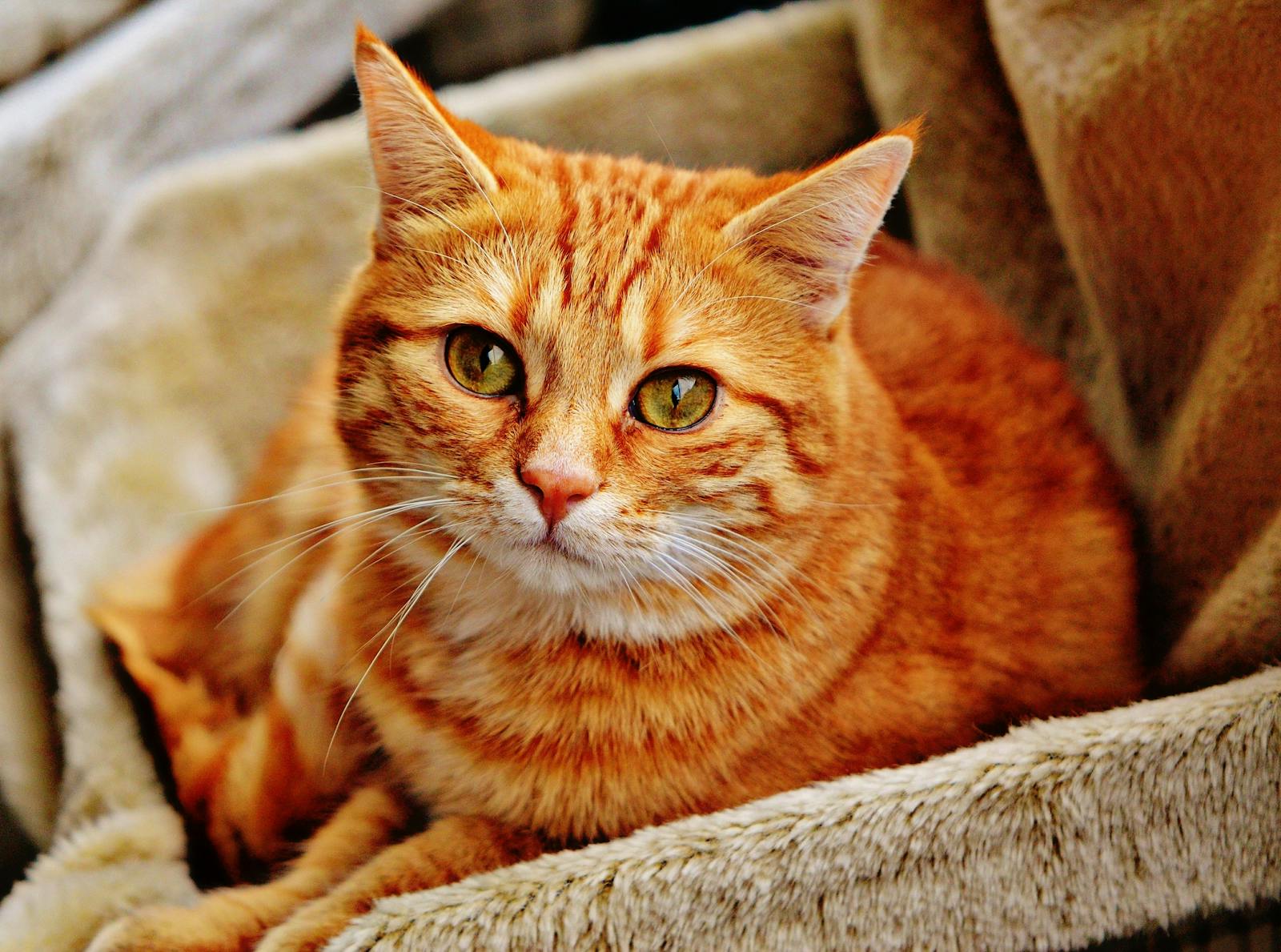Can Kittens Have Water? Learn crucial facts about kitten hydration and the importance of water for kittens. Ensure your furry friend stays healthy! Find out now! #kittencare #kittyhydration
Can Kittens Have Water? A Comprehensive Guide to Kitten Hydration
The simple answer is a resounding yes! Can kittens have water? Absolutely. In fact, providing your kitten with access to fresh, clean water is crucial for their health and well-being. Dehydration can be a serious problem for kittens, leading to various health complications. This article will delve into the importance of kitten hydration, explore different ways to ensure your little one stays properly hydrated, and address some common concerns regarding water for kittens.
Understanding the Importance of Water for Kittens
Just like adult cats, kittens need water to survive. Water plays a vital role in numerous bodily functions, including:
- Temperature regulation: Water helps kittens maintain a healthy body temperature.
- Nutrient absorption: Water is essential for the proper absorption of nutrients from food.
- Waste removal: Water helps flush out toxins and waste products from the kitten’s body.
- Joint lubrication: Water keeps joints lubricated and helps prevent stiffness.
- Overall health: Adequate hydration contributes to a healthy immune system and prevents various health problems.
Dehydration in kittens can manifest in various ways, including lethargy, loss of appetite, sunken eyes, and dry gums. If you suspect your kitten is dehydrated, it’s crucial to seek veterinary attention immediately. Preventing dehydration is far easier than treating it, making consistent access to fresh water a priority.
How Much Water Does a Kitten Need?
The exact amount of water a kitten needs varies depending on factors like age, size, activity level, and diet. Kittens who are more active or eat dry food (which is less hydrating than wet food) will require more water. Generally, a good rule of thumb is to provide enough water so your kitten can drink freely throughout the day. You might notice your kitten drinking frequently, especially after playing or eating dry kibble. If you are concerned about your kitten’s water intake, always consult your veterinarian.
Providing Fresh Water for Your Kitten
Simply having a water bowl isn’t always enough. Kittens can be picky, and some might refuse to drink from a certain type of bowl. Experiment with different types of water bowls – ceramic, stainless steel, or even a playful fountain. Cleanliness is also key. Change the water regularly, ideally twice a day, to ensure it remains fresh and appealing. You may also need to clean the water bowl daily to avoid the build up of bacteria.
Consider the placement of the water bowl. Make sure it’s in a safe, accessible location away from food. Some kittens prefer multiple water sources, so placing bowls in different areas of the house could encourage your kitten to drink. Avoid placing the water bowl near their litter box to reduce the chance of contamination. Remember to kitten-proof your home to ensure your kitten’s safety here.
Addressing Common Concerns About Kitten Hydration
Many new kitten owners have concerns about their kitten’s water intake. One common worry is whether or not to offer milk. While kittens do get some hydration from milk, it shouldn’t replace water. Cow’s milk isn’t suitable for kittens (it can cause digestive problems) and should only be provided under veterinary supervision. Always ensure they have access to fresh, clean water, as it is a kitten’s primary hydration source.
Another common question is, “What if my kitten won’t drink water?” This could be due to several reasons, including a preference for other liquids or a medical condition. If your kitten is consistently refusing water, a vet visit is necessary. The vet can rule out underlying medical issues and offer advice on how to encourage your kitten to drink. Try offering different types of water bowls and experimenting with water temperature as well. If you’re struggling with other kitten behaviors, you might find helpful advice on how to get your kitten to stop biting here.
Signs of Dehydration in Kittens
Recognizing the signs of dehydration is crucial for preventing serious health issues. Look out for these symptoms:
- Lethargy and weakness
- Sunken eyes
- Dry gums and mouth
- Loss of skin elasticity (skin takes longer to return to its normal position after being pinched)
- Decreased urination
- Loss of appetite
If you notice any of these signs, contact your veterinarian immediately. Early intervention is key to preventing severe dehydration and its associated health problems.
The Role of Diet in Kitten Hydration
While providing clean water is essential, the type of food you feed your kitten can also affect its hydration levels. Wet food has a higher water content than dry kibble, so incorporating more wet food into your kitten’s diet can be beneficial for hydration. However, a balanced diet is still crucial for your kitten’s health. Wet food might not provide all the necessary nutrients required. Always consult with your veterinarian to determine the best feeding plan for your kitten. If you are considering getting your kitten fixed, you might want to consider reading about when this can be safely done here.
Maintaining Optimal Kitten Hydration: Practical Tips
Here are some practical tips for keeping your kitten well-hydrated:
- Provide multiple water sources.
- Use different types of water bowls.
- Change the water regularly.
- Monitor your kitten’s water intake.
- Incorporate wet food into their diet.
- Consult your veterinarian if you have any concerns.
Regularly checking your kitten’s hydration status is as important as providing sufficient water. By observing your kitten’s behavior and physical condition, you can proactively address any hydration issues.
Further Reading and Resources
For more information on kitten care, you can explore resources like the ASPCA website, which provides detailed information on kitten health and nutrition. Learning how to properly bathe your kitten is also important for their hygiene and overall health, so it is important to read up on how to do that properly here. Another useful resource is the Vets Now website, which offers helpful guides and advice on various aspects of kitten care.
Can Kittens Drink Water? The Bottom Line
The answer to the question, “Can kittens have water?” is a definitive yes! Ensuring your kitten has access to fresh, clean water is paramount for their health and well-being. By understanding the importance of kitten hydration and following the practical tips outlined in this article, you can help your feline friend thrive. Remember to monitor your kitten’s water intake and contact your veterinarian if you have any concerns. For more information on kitten hydration, you can also visit our extensive guide on kitten water intake.
Have you had any experiences with your kittens and water intake? Share your tips and stories in the comments below! Let’s help each other ensure our furry friends stay happy and healthy by discussing kitten hydration.

Frequently Asked Questions: Can Kittens Have Water?
- Can kittens have water?
- Yes! Kittens need access to fresh, clean water at all times for proper kitten hydration. Dehydration can be very dangerous for them.
- How much water should a kitten drink?
- The amount varies by kitten size, activity level, and diet. Always ensure fresh water for kittens is readily available. Observe your kitten’s water intake and consult your vet if concerned.
- What kind of water is best for kittens?
- Fresh, clean, and cool tap water is ideal. Avoid giving them water that’s too hot or too cold. Bottled water is fine, but not necessary.
- Can I give my kitten milk instead of water?
- No, cow’s milk is not suitable for kittens as it can cause digestive upset. Water for kittens is essential; milk should only be given if specifically recommended by a vet.
- My kitten won’t drink water. What should I do?
- Try different bowls (shallow bowls are often preferred), locations, and even water fountains. If the problem persists, consult your veterinarian, as it may indicate an underlying health issue affecting kitten hydration.
- How can I tell if my kitten is dehydrated?
- Signs include sunken eyes, dry gums, lethargy, and loss of skin elasticity. If you suspect dehydration, contact your vet immediately. Adequate water for kittens is crucial.
- Can kittens drink too much water?
- While rare, excessive water intake can be a sign of underlying health problems. If your kitten is drinking excessively, consult your veterinarian.
- Is it okay to add anything to my kitten’s water?
- No, avoid adding anything to your kitten’s water unless specifically directed by a vet. Plain water for kittens is best.
- My kitten keeps playing in its water bowl. Is this normal?
- Yes, it’s a common kitten behavior. Ensure the water bowl is sturdy and easily cleaned. Consider providing multiple water sources to minimize this.
- How important is water for kitten health?
- Water is absolutely vital for kitten hydration and overall health. It aids in digestion, nutrient absorption, and temperature regulation. Ensuring adequate access to fresh water is crucial for a healthy, happy kitten.

Can Kittens Drink Water? A Comprehensive Guide
The simple answer is a resounding yes! Kittens, like all living creatures, need water to survive. Dehydration can quickly become a serious problem for a small kitten, leading to health complications. Ensuring your kitten has access to fresh, clean water at all times is crucial for their well-being. Learn more about kitten care and safety by kitten-proofing your home at this helpful guide.
Types of Water Sources: While a simple bowl works, you can experiment to find what your kitten prefers. Some kittens might enjoy a flowing water fountain, which often encourages them to drink more. Others might prefer a shallow dish to avoid getting their whiskers wet. Experiment to find your kitten’s preference.
Water Location and Hygiene: Place water bowls in multiple locations, especially if you have multiple kittens. Keep the bowls clean and refill them daily with fresh water. Dirty water can harbor bacteria and make your kitten ill. Regular cleaning is essential, and you can learn more about maintaining hygiene if you need to bathe your kitten in this helpful guide.
Signs of Dehydration: It’s important to be aware of the signs of dehydration in kittens. These can include sunken eyes, lethargy, dry gums, and loss of skin elasticity. If you suspect your kitten is dehydrated, consult a veterinarian immediately. For a detailed overview of kitten health needs, consult your vet; early intervention can make a significant difference in the kitten’s well-being. For more information on responsible pet ownership, considering spaying/neutering is a key aspect, and you can find out more about when kittens can be fixed.
Other Hydration Sources: While water is essential, kittens also get some hydration from wet food. However, relying solely on wet food is not sufficient; they still need access to fresh water. Remember that playful kittens can sometimes be prone to biting, and you can find information on how to get a kitten to stop biting.
In Summary: Providing your kitten with ample fresh water is a fundamental aspect of responsible kitten care. By understanding their hydration needs and proactively addressing potential issues, you can ensure your furry friend stays happy, healthy, and hydrated. For a more thorough understanding on kitten care, you can read more at this comprehensive guide.

Can Kittens Have Water,kitten hydration,water for kittens